Your RV’s air conditioning system is your sanctuary from sweltering summer heat, but electrical mistakes can turn your cool retreat into a world of frustration. While the root cause of these issues could come from anything, many of them stem from electrical errors made by RV owners.
While not intentional, these types of electrical mistakes can compromise AC performance if you’re not careful. Understanding what these mistakes are in advance will help you know how to avoid them, so here’s a deep dive into the more common ones.
Using Undersized Extension Cords
Extension cords might seem like simple tools, but choosing the wrong gauge can cripple your AC performance. Undersized cords create voltage drops that starve your air conditioner of the power it needs to operate efficiently.
When the voltage drops below optimal levels, your AC compressor works harder to achieve the same cooling effect. This additional strain increases energy consumption, reduces cooling capacity, and can lead to premature component failure. The compressor may also struggle to start or cycle on and off repeatedly, creating even more unnecessary wear.
Always check your extension cord’s amp rating and length before connecting your RV. A 30-amp RV typically requires a 10-gauge cord for runs up to 25 feet, while longer distances need heavier 8-gauge wire. No matter what, though, never daisy-chain multiple extension cords together, as this compounds voltage drop issues.
Overloading the RV’s Electrical System
Running your AC alongside multiple high-power appliances creates a perfect storm for electrical problems. Many RV owners simultaneously operate their air conditioner, microwave, hair dryer, and other devices without considering their combined power draw.
This overload can trip circuit breakers, forcing your AC to shut down unexpectedly. Even worse, sustained overloading could even damage your AC unit’s electrical components or create fire hazards. The constant cycling of breakers also wears out electrical connections over time.
Monitor your power usage carefully and avoid running multiple high-draw appliances simultaneously. If needed, consider investing in an energy management system that automatically prioritizes essential equipment like your AC while temporarily shutting off less critical devices during peak power demand.

Neglecting Proper Grounding
Grounding provides a safety pathway for electrical current and ensures your AC operates at peak efficiency. Poor grounding can create electrical instability, causing your air conditioner to perform erratically or fail altogether.
Common grounding mistakes include loose connections at the electrical panel, corroded ground rods, or damaged ground wires. These issues can cause voltage fluctuations that stress your AC’s sensitive electronic components. In worst-case scenarios, poor grounding creates shock hazards and increases fire risk.
Inspect your RV’s grounding system regularly. Check that all connections are tight and corrosion-free. Replace any damaged ground wires immediately and ensure your electrical system maintains proper continuity to ground.
Incorrect Wiring During DIY Repairs
DIY electrical work can save money, but improper wiring can cost more in the long run if you’re not careful. Common mistakes include reversed polarity, loose wire connections, and using incorrect wire gauges for the application.
Reversed polarity confuses your AC’s internal systems and can damage sensitive electronic controls. Loose connections create resistance that generates heat, potentially starting fires or causing intermittent failures. Using undersized wiring for high-current applications can overheat wires and trip breakers.
If you’re not entirely confident in electrical work, consult a professional technician. If you still decide to do your own repairs, always use proper wiring diagrams and follow National Electrical Code standards. Always buy quality RV air conditioning parts to avoid any electrical problems that could come from faulty devices. Also, be sure to double-check all connections before energizing any circuits.
Ignoring Voltage Fluctuations
Campground electrical systems vary widely in quality and stability. Some older facilities deliver inconsistent voltage that can damage your AC unit’s delicate electronics. Low voltage forces your compressor to work harder, while high voltage can burn out components.
Voltage fluctuations also affect your AC’s ability to maintain consistent cooling. The system may struggle to reach desired temperatures or cycle unpredictably, creating comfort issues and increased wear.
Invest in a quality surge protector designed specifically for RVs. These devices monitor incoming voltage and disconnect your RV if the voltage falls outside safe parameters. For areas with consistently poor power quality, consider adding a voltage regulator to maintain steady power delivery.
Failing to Maintain the RV’s Battery System
Your RV’s battery system affects more than just 12-volt accessories. Weak or failing batteries can impact your AC’s performance, especially during startup when the system draws maximum power.
During AC startup, your converter works harder to maintain 12-volt power for controls and fans while simultaneously charging weak batteries. This additional load can cause voltage drops that prevent proper AC operation. Poor battery maintenance also affects the overall stability of your electrical system.
Check your batteries regularly and maintain proper electrolyte levels in flooded cell types. Always clean terminals and test battery capacity seasonally. Replace batteries that no longer hold an adequate charge, as weak batteries stress your entire electrical system.
Skipping Regular Electrical Inspections
Electrical problems often develop gradually, making them easy to overlook until they cause major failures. Frayed wires, loose connections, and corroded terminals can compromise your AC’s performance long before complete failure occurs.
Something as simple as a slightly loose connection creates resistance that generates heat, which further loosens the connection and increases resistance, compounding the issue even further. This cycle continues until the connection fails completely, often at the worst possible moment.
The best way to avoid this is to schedule annual electrical inspections with a qualified RV technician. Between professional checkups, visually inspect accessible wiring, outlets, and electrical panels for signs of damage or wear. Address any issues immediately rather than waiting for convenient timing.

Using the Wrong Type of Inverter
Inverters convert your RV’s 12-volt DC power to 120-volt AC power, but not all inverters handle air conditioning loads effectively. Cheap modified sine-wave inverters can cause AC motors to run inefficiently or generate excessive heat.
AC compressors require clean, stable power to operate properly. Poor-quality inverters produce power that causes motors to work harder, reducing efficiency and shortening component life. Some RV AC units may refuse to start on modified sine-wave power altogether, but even if they do, these devices can cause electrical problems that affect performance.
Choose a pure sine-wave inverter with sufficient wattage capacity for your AC unit. Factor in the startup surge current, which can be three to five times the running current. Quality inverters cost more initially but protect your expensive AC equipment and provide reliable performance.
Overlooking the Importance of Clean Power
The term “clean power” refers to stable voltage and frequency, free of electrical noise or distortion. Older generators, poor campground wiring, and certain power sources produce “dirty” power that can damage sensitive AC electronics.
Dirty power causes AC motors to run less efficiently and can interfere with electronic control systems. Over time, power quality issues lead to premature component failure and reduced cooling performance. Some modern AC units have built-in protection that shuts down the system when power quality is poor.
Using power conditioners will help filter electrical noise and stabilize power delivery. If you frequently encounter poor power quality, consider upgrading to a modern inverter generator that produces clean, stable power comparable to utility service.


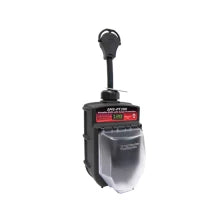
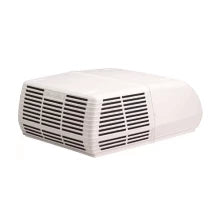
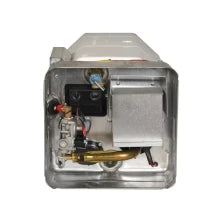
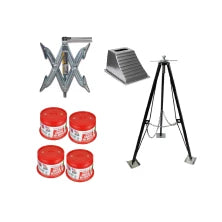
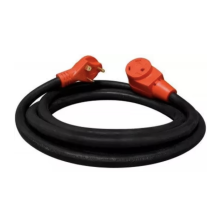
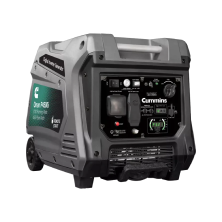
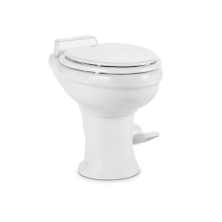
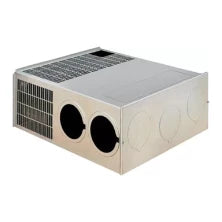
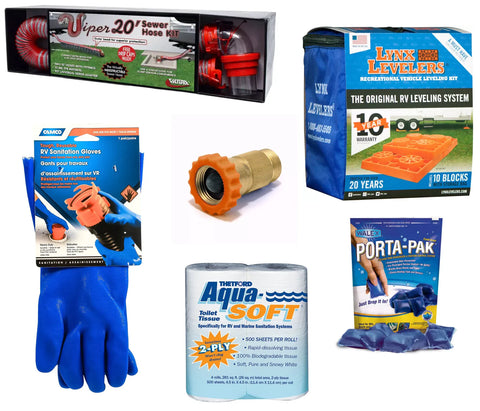
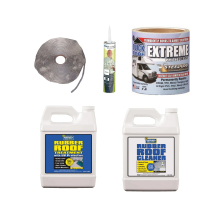
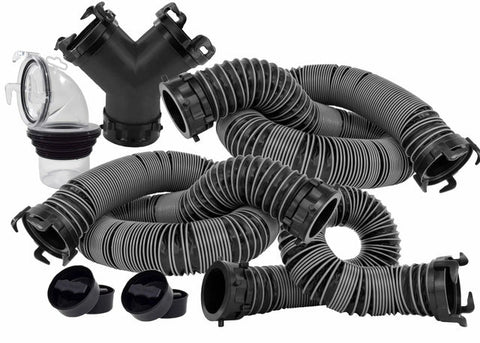
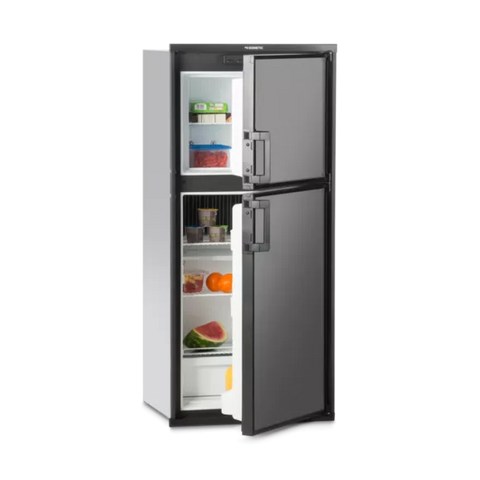
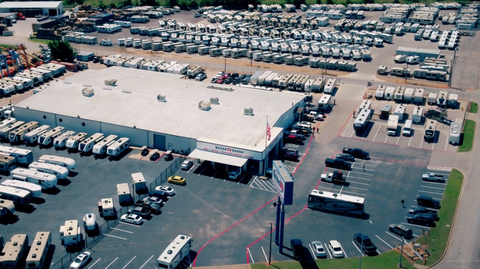
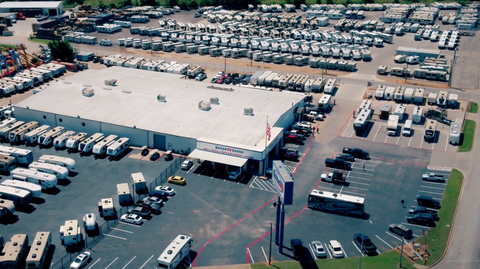
Comments (0)
There are no comments for this article. Be the first one to leave a message!